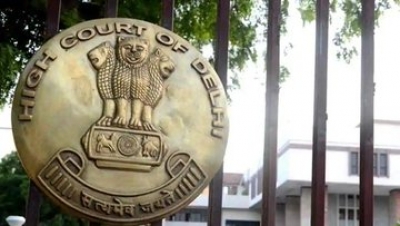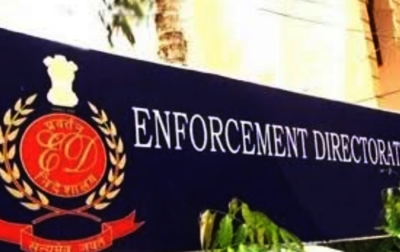
New Delhi, Aug 19 : The Delhi High Court has issued a ruling concerning the handling of juvenile offenders charged with heinous crimes under the Juvenile Justice Act, stressing on the need for expeditious preliminary assessments, in accordance with Section 14 of the Act.
The order comes in response to a group of pleas from minors who were facing charges of heinous crimes and were challenging orders to be tried as adults by the Children’s Court.
Justice Swarana Kanta Sharma said that Juvenile Justice Boards must diligently adhere to the provisions of Section 14(3) and the proviso to Section 14(4) when dealing with heinous offenses.
The court said that such cases should be processed rapidly and without unnecessary delays, clarifying that the preliminary assessment under Section 15 must be initiated and concluded promptly, consistent with the terms of Section 14 and the provisions outlined in the Juvenile Justice Act and its associated rules.
The judge said that a delay in concluding the preliminary assessment within three months in cases of heinous offenses under Section 15 does not automatically invalidate the proceedings or compromise the trial and that each case’s circumstances and facts should be evaluated to determine the impact of any delay.
The court said that while the State must consider the rights of juveniles, including their entitlement to a timely preliminary assessment, it is also tasked with the responsibility of prosecuting and penalising offenders in cases of heinous offences as such crimes have far-reaching impacts that extend beyond individuals or families to the society at large.
“Thus, in view of the aforesaid discussion, this Court reaches a conclusion that the time period prescribed under Section 14 for the completion of preliminary assessment in relation to heinous offences cannot be held to be mandatory in nature, in a hyper-technical manner, so as to disregard and negate the decision arrived at by the JJ Board after the expiry of prescribed time period in every case,” the court said.
The absence of a maximum time frame for concluding the preliminary assessment or a provision leading to the lapse of proceedings due to delays should not allow an unreasonable prolongation of the assessment.
The court said that the reasonableness of any delay, its impact on the juvenile, and its alignment with the legislative intent should be assessed by the courts in each case.
The judge observed that the Children’s Court is bound to apply its mind to decide as to whether there is a need for trial of the child as an adult or not after receiving the preliminary assessment from the Juvenile Justice Board.
Justice Sharma noted that the Children’s Court had not exercised independent judgement or recorded reasons under Section 19(1) of the Act.
The court then remanded back the matters to the Children’s Court for appropriate orders in accordance with the law.






